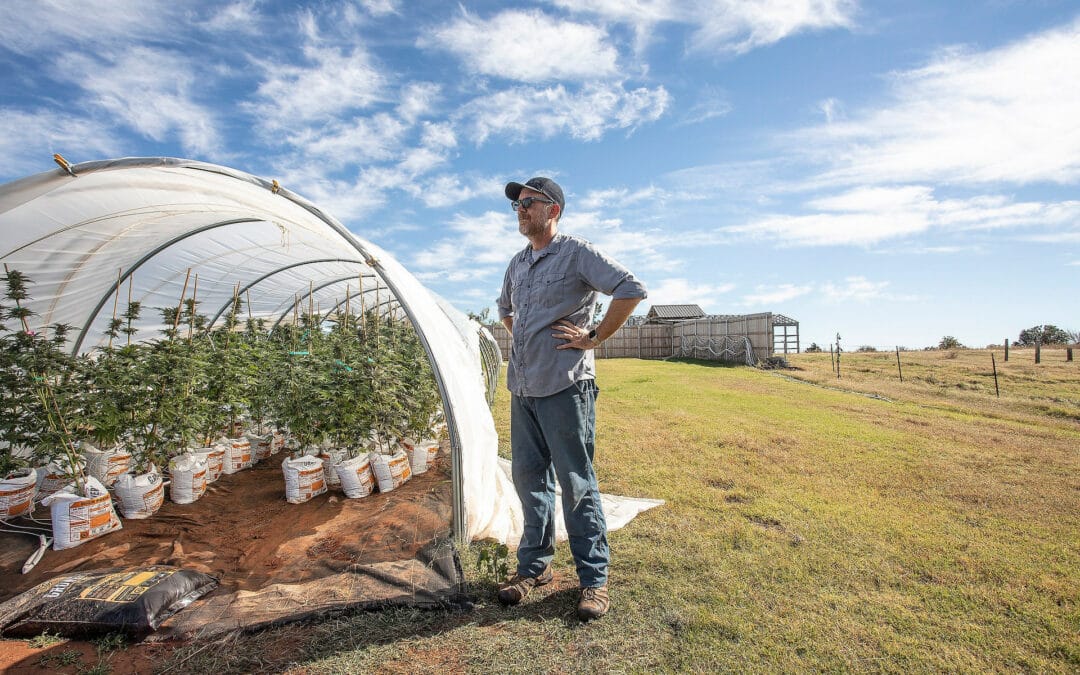
Weedmaps agrees on $1.5 billion deal to go public

IRVINE, Calif.–(BUSINESS WIRE)–WM Holding Company, LLC (“WMH” or the “Company”) and Silver Spike Acquisition Corp. (Nasdaq: SSPK) (“Silver Spike”), a publicly-traded special purpose acquisition company, announced today a definitive agreement for a business combination that would result in WMH becoming a public company. The combined company will be led by Chris Beals, Chief Executive Officer of WMH, and is expected to remain listed on the Nasdaq Stock Market.
Company Overview
Founded in 2008, WMH operates Weedmaps, the leading online listings marketplace for cannabis consumers and businesses, and WM Business, the most comprehensive SaaS subscription offering sold to cannabis retailers and brands. The Company solely provides software and other technology solutions and is non-plant touching. WMH has grown revenue at a CAGR of 40% over the last five years and is on track to deliver $160 million in revenue and $35 million in EBITDA for 2020.
The cannabis market in the U.S. is expected to double over the next five years as the majority of U.S. adults support having legal access to cannabis. Despite these expectations of growth, cannabis users in the U.S. are still a small sub-segment of the population today, and retail density is still low across the majority of states with regulated legal cannabis markets. The regulations related to these markets are often complex and disparate across states as well as cities and counties within regulated states. Cannabis itself is a highly complex and non-shelf stable consumer product. These dynamics present a challenging and sometimes uncertain environment for consumers seeking legal cannabis products and for businesses selling to cannabis users while operating in a compliant fashion.
WMH addresses these challenges with its Weedmaps marketplace and WM Business SaaS subscription offering. Over the past 12 years, Weedmaps has grown to become the premier destination for cannabis consumers, with over 10 million monthly active users and over 18,000 business listings across every U.S. state, the District of Columbia and Puerto Rico with a legal cannabis market. Clients of the Company maintain listings in 9 international countries outside of the U.S. Through the Weedmaps website and mobile apps, WMH provides consumers with information regarding cannabis retailers and brands, as well as the availability of cannabis products, facilitating product discovery and online order-ahead for pickup or delivery by participating retailers.
The Company’s cloud-based WM Business SaaS subscription offering provides cannabis retailers with an end-to-end operating system to access valuable users, grow sales and scale their businesses at a compelling return-on-spend. This “business-in-a-box” functionality ranges from integrations supporting product menus that have online order-ahead, delivery order fulfillment software, data & analytics, a point-of-sale solution and a wholesale marketplace. WMH has been investing in and optimizing its WM Business software solution to also facilitate compliance for businesses amidst the complex, disparate and constantly evolving regulations governing the cannabis industry. Underlying this compliance functionality is a proprietary and sophisticated rules engine that is a core underpinning of the WM Business SaaS platform.
Chris Beals, WMH’s Chief Executive Officer, will continue to lead the Company along with the existing management team. Silver Spike’s CEO and Chairman, Scott Gordon, will join the merged company’s Board of Directors upon completion of the transaction.
Management Comments
“We are thrilled to partner with Silver Spike to transition WMH to our next phase of growth as a public company,” said Chris Beals, CEO of WMH. “We passionately believe in the power of cannabis and the importance of enabling safe, legal access to cannabis for consumers worldwide. With this merger, we will be able to continue scaling the Weedmaps marketplace in the U.S. and internationally in service of our users while expanding the functionality of our WM Business SaaS offerings in service of our clients.
Our partnership with Silver Spike will provide us a stronger platform to advance our mission to advocate for legalization, social equity and licensing in many jurisdictions while providing cannabis businesses with the tools needed to succeed in a highly complex world of regulations. I am grateful for the continued support from my teammates and investors and most thankful for the thousands – and what I expect over time to be hundreds of thousands – of business clients on our platform. We are energized by the opportunities to continue helping our business clients thrive as regulated cannabis markets expand and grow.”














